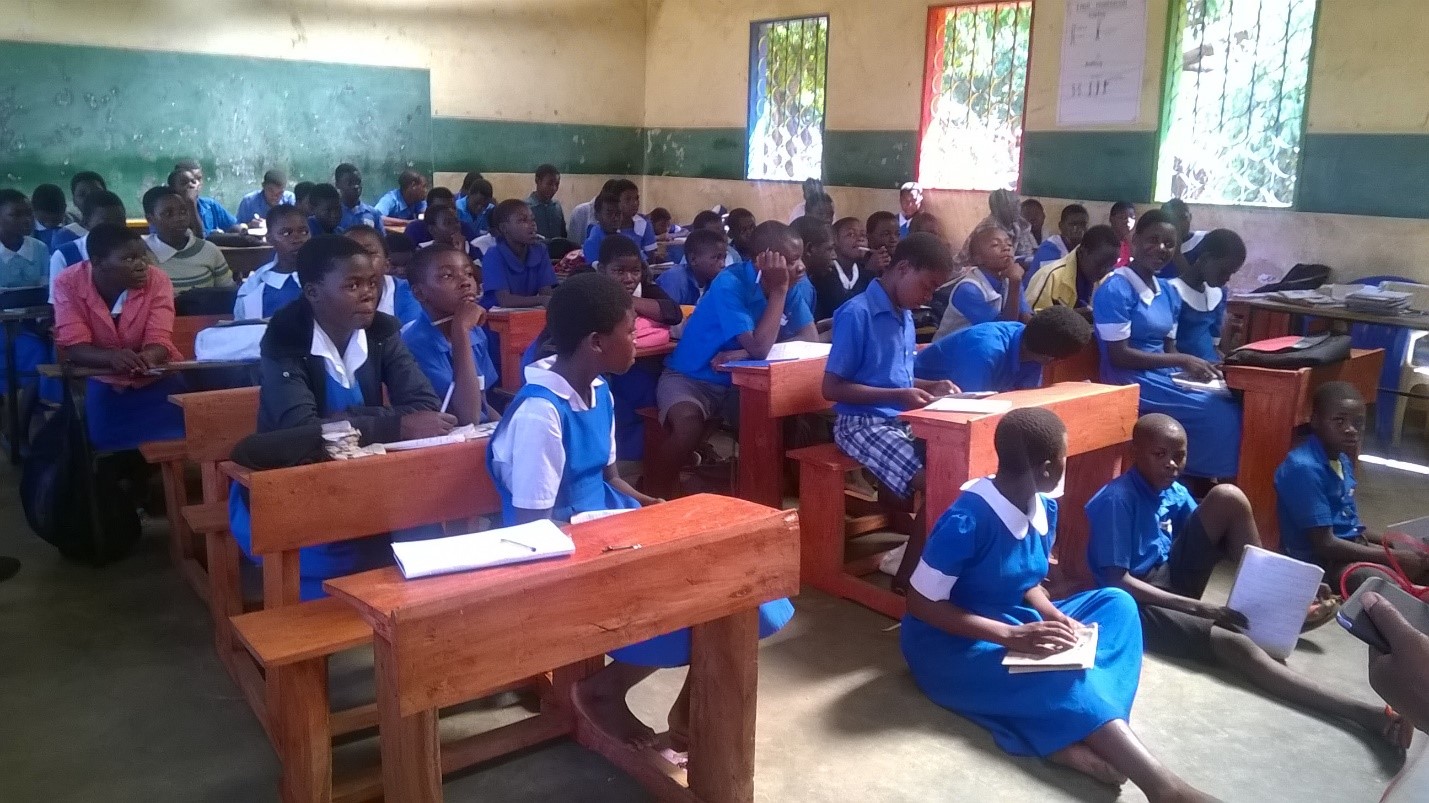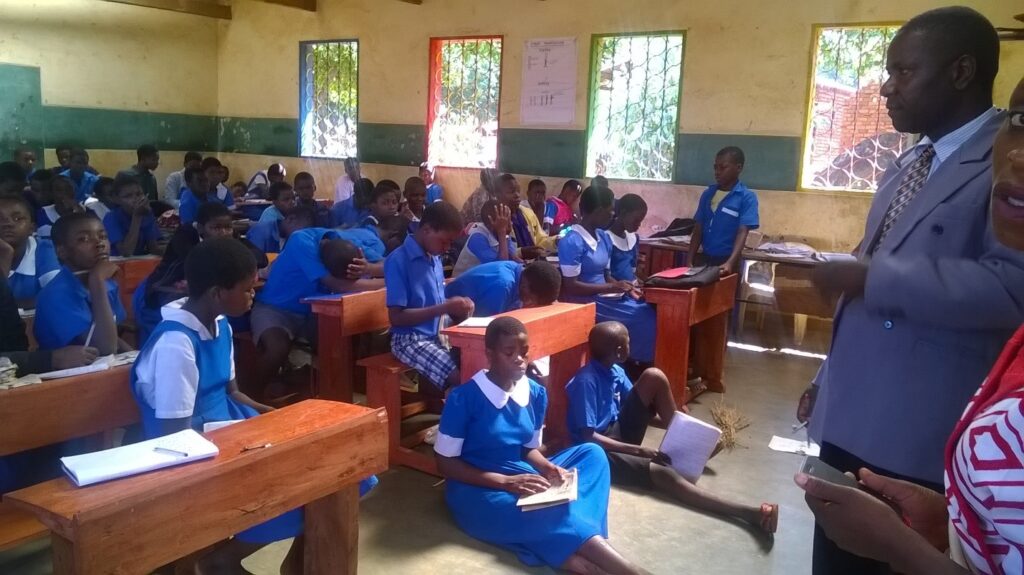Written by CorpsAfrica/Malawi Volunteer Ms. Deborah Kamanga
Before joining CorpsAfrica, I always had several questions in my mind about the prevalence of poverty in Malawi. I still do. Having gone through the pre-service training and getting a broader view of what CorpsAfrica does, I was thrilled for two reasons:
(1) I would get to have first-hand information on why my country, particularly the community I would be working in, is so entrenched in poverty, despite many other previous development efforts.
(2) I would get to be an active citizen in providing possible solutions facing some of the marginalized people in my country.
Ten months down my year of service, I have been able to undertake a funded project within my community which is aimed at providing school desks for students at the local primary school in my site. The first phase of the project commenced in October and was completed on the 4th of November, 2016, with 20 desks being completed and delivered to Nansato Primary school. Completion of these desks means 40 students taken off uncomfortable floors and provided with a better learning environment. I know some of you must be asking; “providing desks to primary school students, what’s so great about that”? Now those of you who have had to go through the “agony” of learning on the floor, especially in public primary schools, like I have, know exactly how uncomfortable they can be. Experience and research have shown me that;
(1) Comfort is very important for students of all ages, as deep learning requires concentration and attention. Therefore it is very important to create a learning environment that keeps students focused and comfortable.
(2) Uncomfortable sitting can make students restless which can affect their abilities to concentrate and absorb vital information, which in turn reduces their level of performance.
The success of this project depended largely on the 90% funding by CorpsAfrica, however I cannot downplay on the level of cooperation which the community members displayed in raising the remaining 10% financial contribution towards the project and other investments and commitments in-kind, channeled towards the project.
Working with the people in my community and successfully completing this project has given me some level of gratification. The commitment that the people displayed throughout the project has made me re-think some of the theories I had about marginalized poor people. I realized that there is so much potential and capability residing in these people if only they are given the right platform. I must confess that the first few months at my site I used to tell myself in the back of my mind and sometimes in the front of my mouth that, “there must be something a little wrong with these people.” Sometimes I could tell myself that, “these folks are lazy freeloaders who would cheat and lie to get out of an honest day’s work,” and other times I could say, “these people are helpless and probably had neglectful parents that didn’t read to them enough, and if they were just told what to do and shown the right path, they could make it.”
I’m not saying that some of the negative stories aren’t true, but those stories allowed me to not really see who people really are, because they didn’t paint a full picture. The quarter-truths and limited plot lines had me convinced that poor people are a problem that needs fixing. What if I recognized that what’s working is the people and what’s broken is my approach? What if I realized that the experts I was looking for, the experts I needed to follow, are poor people themselves? What if, instead of imposing solutions, I just added fire to the already-burning flame that they have? Not directing — not even empowering — but just fueling their initiative and this is what CorpsAfrica is all about.
So, consider this an invitation to rethink a flawed strategy. Join me in grasping this opportunity to let go of a tired, faulty narrative and listen and look for true stories, more beautifully complex stories, about who marginalized people and families and communities are.


